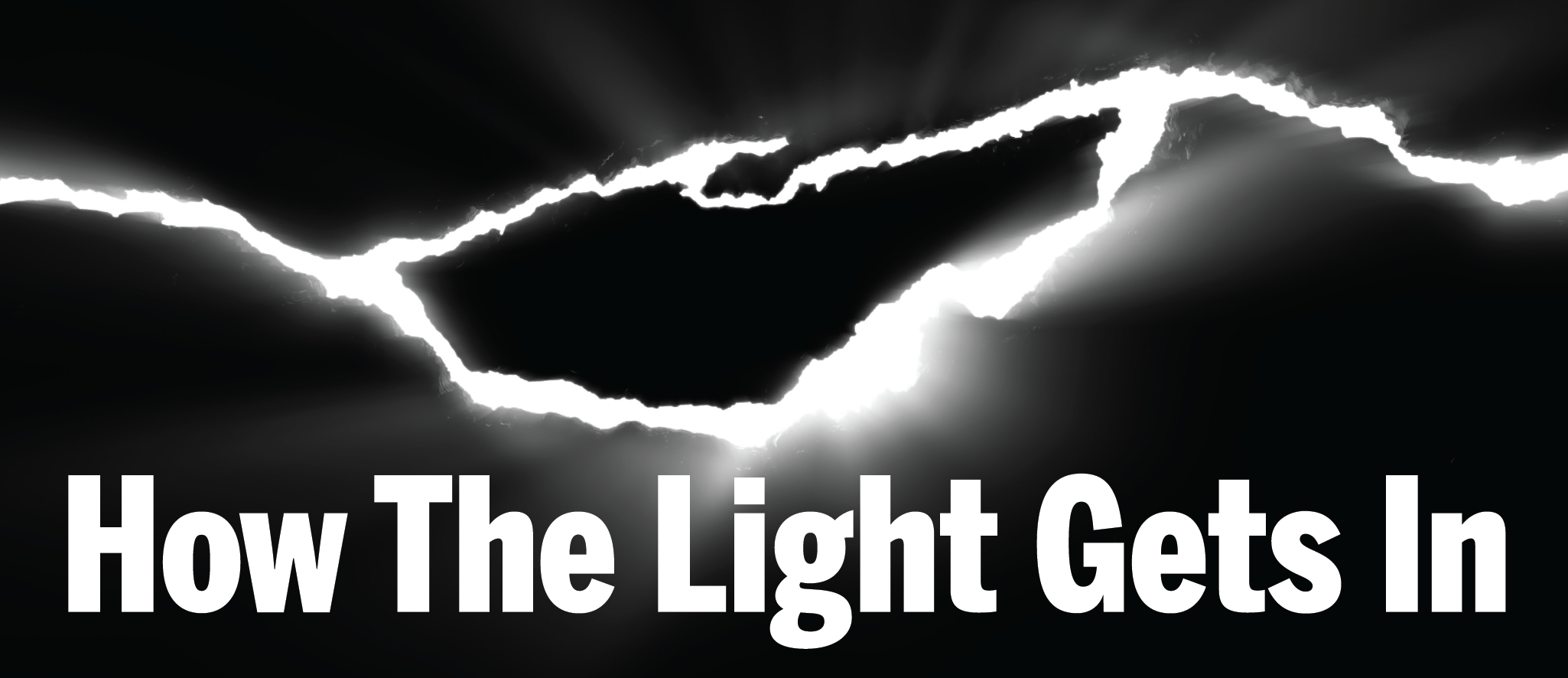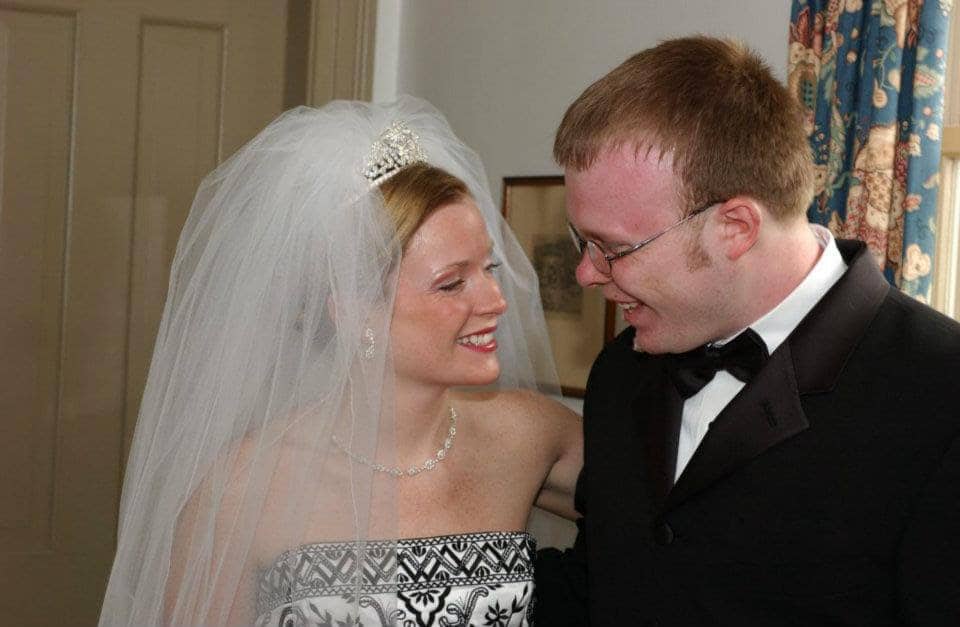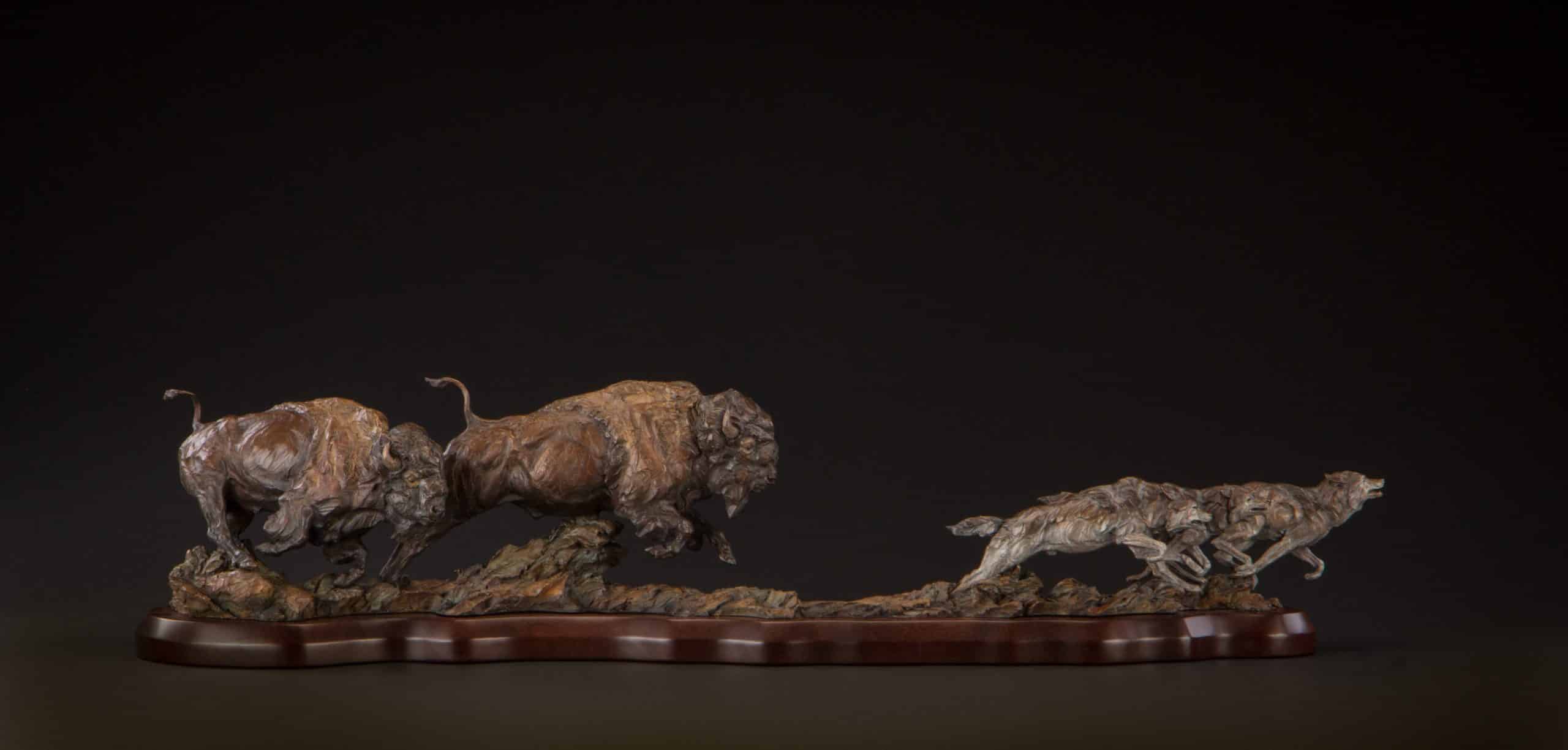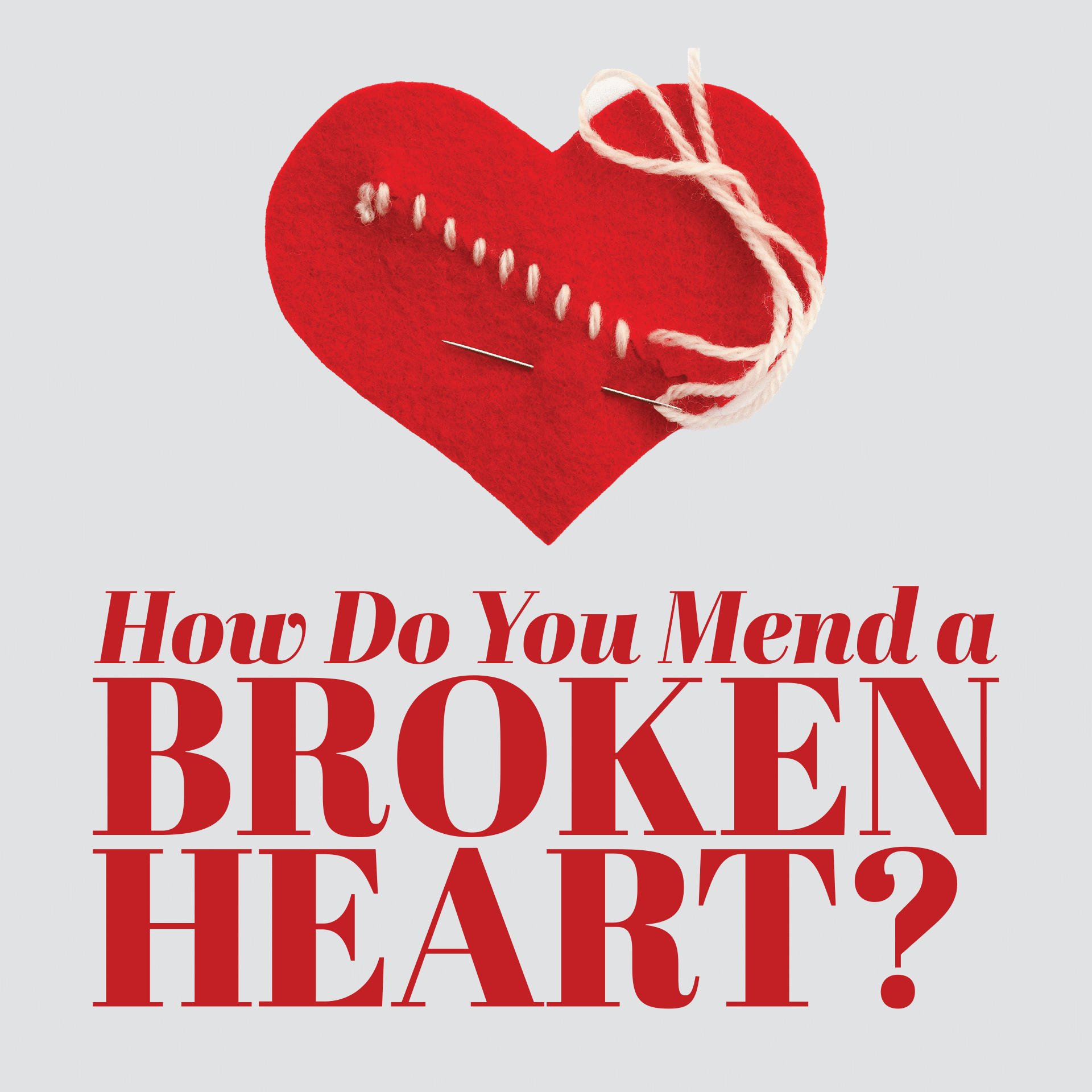You may remember this iconic story I shared in an article about a year ago…
***
An old Chinese farmer is tending to his field when he sees his only horse galloping off into the distance because his son accidentally left the gate to the corral unlatched.
Later that day the old man’s neighbor stops by to visit, notices the horse is gone, and says, “You lost your only horse. That’s awful!”
The old man simply replies, “Well, maybe.”
The next day the old man’s horse returns to the farm for food and water, but not alone. The horse is accompanied by three wild horses.
When the neighbor comes by again to visit, he exclaims, “Now you have four horses instead of just one! That’s great!”
Again the old man replies, “Well, maybe.”
The next day the old man’s son tries to tame one of the wild horses and is bucked off, badly breaking his leg.
The neighbor drops by to offer his condolences, saying, “Now your son won’t be able to help you on the farm while his leg heals. That’s terrible.”
“Well, maybe,” the farmer says.
The next day conscription officers come to the farm to enlist his son for the war but cannot take him because of his broken leg.
When the neighbor visits that afternoon he says, “You are so fortunate your son wasn’t taken because of his broken leg!”
The old farmer replies, “Well, maybe.”
***
This Chinese farmer story is from the Huainanzi, an ancient Chinese text with essays from scholarly debates dating back to 139 BC. This particular story is thought to be the origin of our modern “silver lining” and “blessing in disguise” characterizations.
Some falsely credit this story to English author and philosopher, Alan Watts, because he popularized the tale through his own writing, the most popular being his bestselling book, The Way of Zen, in 1957.
At speaking events Watts would recite this story, then conclude with the statement: “You never know what will be the consequence of misfortune, and you never know what will be the consequence of good fortune.”
While none of us want “bad” to happen, it’s unavoidable. We will get sick. We will get injured. We will make bad investments. We will have our feelings hurt, maybe even crushed.
Psychologists say that a key to dealing with the bad that befalls us is to put it in perspective, and that perspective should include the presumption that there is a silver lining. We must resist believing that “a bad thing is a bad thing” and nothing more.
For instance, in my industry (real estate) something recently happened that most everyone viewed as being a bad thing. Because home prices were going up so fast, the Fed raised interest rates to lower buyer demand. Home values declined over several months as predicted.
But then something unexpected happened…because so many homeowners had secured low interest rate loans (around 3%), many who would have sold and purchased a home decided not to because they didn’t want to double their rate.
Therefore, the number of homes coming on the market has recently declined faster than buyer demand. The result? Home values in many parts of the country are now going back up, contrary to what the Fed was trying to accomplish when they raised interest rates.
I’m not saying that every unwelcome event is a blessing in disguise. But I am suggesting, and psychologists agree, that silver linings happen more than we give them credit for.
So the next time you see, hear, or experience a seemingly “bad thing”, remember this quote by Leonard Cohen…
“There is a crack in everything, but that’s how the light gets in.”












